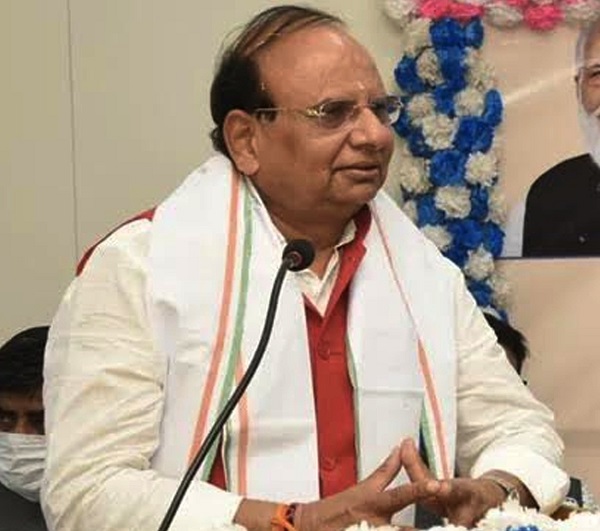New Delhi, (Samajweekly) Delhi Lt Governor V.K. Saxena has approved the constitution of a high level committee to suggest ways and identify means to address the issue of illegal telephone communication in the jails in the national capital. The committee will submit its recommendations within a month.
The committee constituted under DG (Prisons) will explore suitable jamming solutions emerging in the market (in addition to the existing infrastructure) and their testing in prisons to check their effectiveness, in blocking calls, SMS and data services inside prison premises.
A total of 31 mobile jammers were installed in the Tihar and Rohini jails between 2008-2012. These jammers were effective in blocking 2G & 3G mobile signals, but after the introduction of 4G services in the country, these jammers became ineffective in blocking mobile signals.
Subsequently, a committee constituted under the then DG (Prisons), GNCTD, proposed an alternate solution in the shape of a “Harmonious Call Blocking System” (HCBS) for blocking 2G/3G/4G signals that could later also be used for 5G. This entailed installing one or more “Special Towers” inside the jail. These Towers for Harmonious Call Blocking System (T-HCBS), that follows a hybrid approach to jamming solutions were thereafter, installed in various prisons in Delhi, and despite being effective to a very large extent, could not prevent leakage in totality.
While the telecom service providers could not provide a mechanism for real time monitoring of the effectiveness of the installed T-HCBS’, these towers were also causing a problem of blocking calls and data services of ordinary citizens living in the residential areas around the jails.
Apart from this, the functioning of T-HCBS was also affected by various other factors such as non-coverage of dark areas, shadow areas, multi-path propagation, fading and atmospheric conditions, etc. T-HCBS as a technical solution, while being effective, could not prevent unauthorized communications from prisons since it could not achieve 100 per cent blockage of signals due to these constraints.
To address these concerns, a high level committee has been constituted under the DG (Prisons), Delhi as chairperson and the representatives of NTRO, Intelligence Bureau, DoT, Delhi Police, IIT-Delhi, CDOT, SPG and DRDO.










